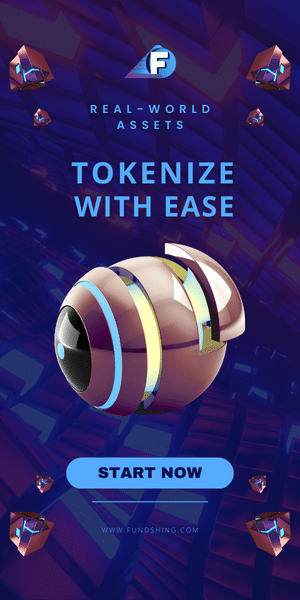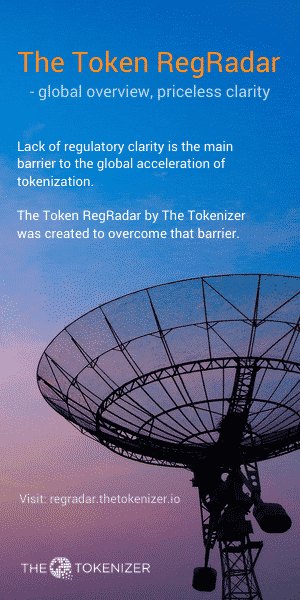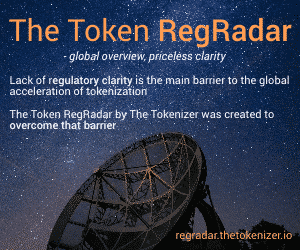The Tokenization Industry Sucks At “Theory of Mind” — And That Could Kill It
“Theory of mind” is an understanding that there are others out there who have a thinking mind like you. To the extent with which you posses theory of mind, you exhibit empathy.
By Frederik Bussler, CEO at bitgrit and founder of Security Token Alliance
So how does “Theory of Mind” apply?
Business is solving problems (creating value) in exchange for money (getting the value). By creating surplus value in a supply-demand driven marketplace, you can conduct favourable transactions. In order to win in business, therefore, you have to understand who you’re selling to and what they need.
Not once will you ever sell to someone who is exactly like you, possessing the exact same problems. To sell is to put yourself in someone else’s shoes, or in other words, to exhibit theory of mind.
Why People Lack “Theory of Mind”?
In a cutting-edge, hyped industry like Security Tokens, it’s very easy to go down the rabbit hole of the million-and-one ways Security Tokens can change the world.
You learn about the potential for higher liquidity, about greater operational efficiency, the relative ease with which one can conduct a capital raise, fractional ownership, 24/7/365 availability, faster settlement, and all the other benefits.
You ask yourself: What if all the world’s securities were tokenized? And you look at the different market sizes. Real estate — $391T. Derivatives — $544T. Private equity — $70T. Debt — $215T.
People in the industry quickly get caught up looking at all the potential, or a very, very optimistic Potential Annual Market, and you get quotes like this:
“Security Token Offerings Are a $10 Trillion Opportunity”
and
“Security Tokens to Bring 10% of Global GDP Into the Blockchain Ecosystem by 2024.”
All the while forgetting that traditional asset managers in charge of real estate, derivatives, debt, and so on have never even heard of Security Tokens. Most people (including regulators, most crucially) still don’t differentiate between “security token” and crypto, or let alone could explain to you what a Security Token actually is. Don’t forget that there is no liquidity in the market, and there are no agreed-upon protocols.
So how do you exhibit “Theory of Mind” to tokenize meaningful assets?
Step 1: Talk in terms of probabilities, not certainties. I recently analyzed the probability of the success of the Security Token industry, given factors such as regulatory and technical maturity, still coming out to a very high probability of success. However, it’s much better to say something like “Security Tokens have a very high probability of upgrading traditional securities” than “Security Tokens will revolutionize the financial industry.”
First off, people in the financial industry don’t want a revolution, they want evolution (if it’s de-risked and proven). Secondly, if they’ve never even heard of security tokens, they won’t take the idea that their whole industry will be turned on its head seriously.
Step 2: Talk with data and examples, not hype. There are plenty of examples of real-world asset tokenization. Use these examples to help draw a picture of the industry’s traction, rather than talking about how to “leverage the disruptive potential of blockchain.”
Step 3: Start small. Before you try to sell the tokenization of a real estate investment fund, see if you can sell the tokenization of, say, one yacht. Small, successful tokenization examples will lead to bigger and bigger projects down the line.
Photo by Robina Weermeijer on Unsplash
More Article:




















